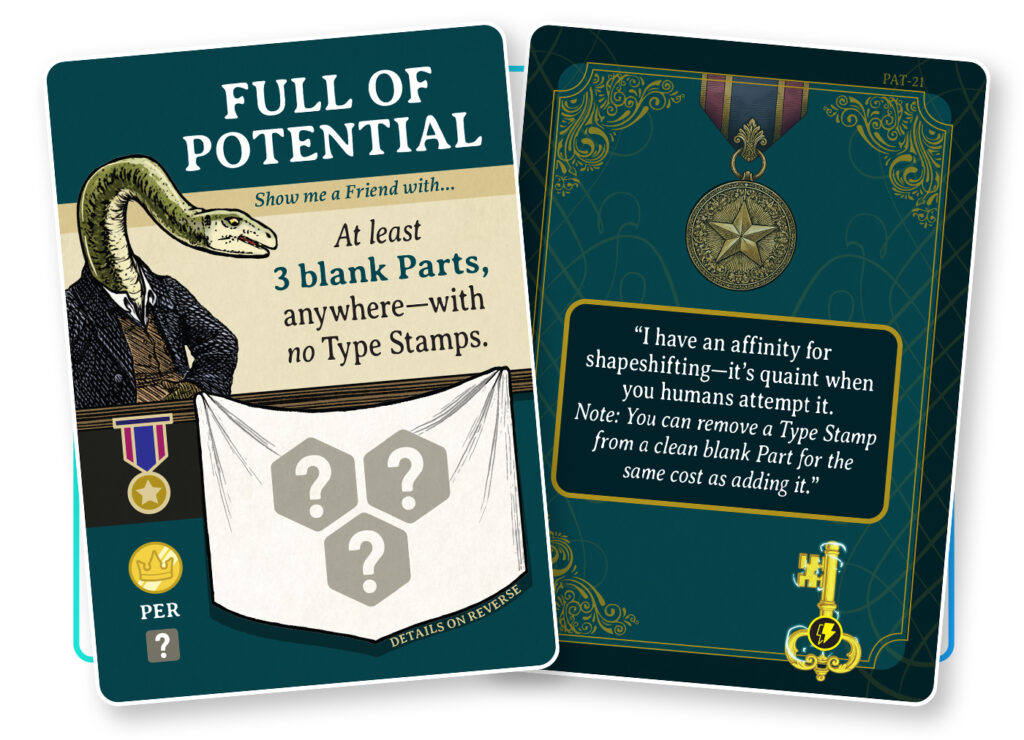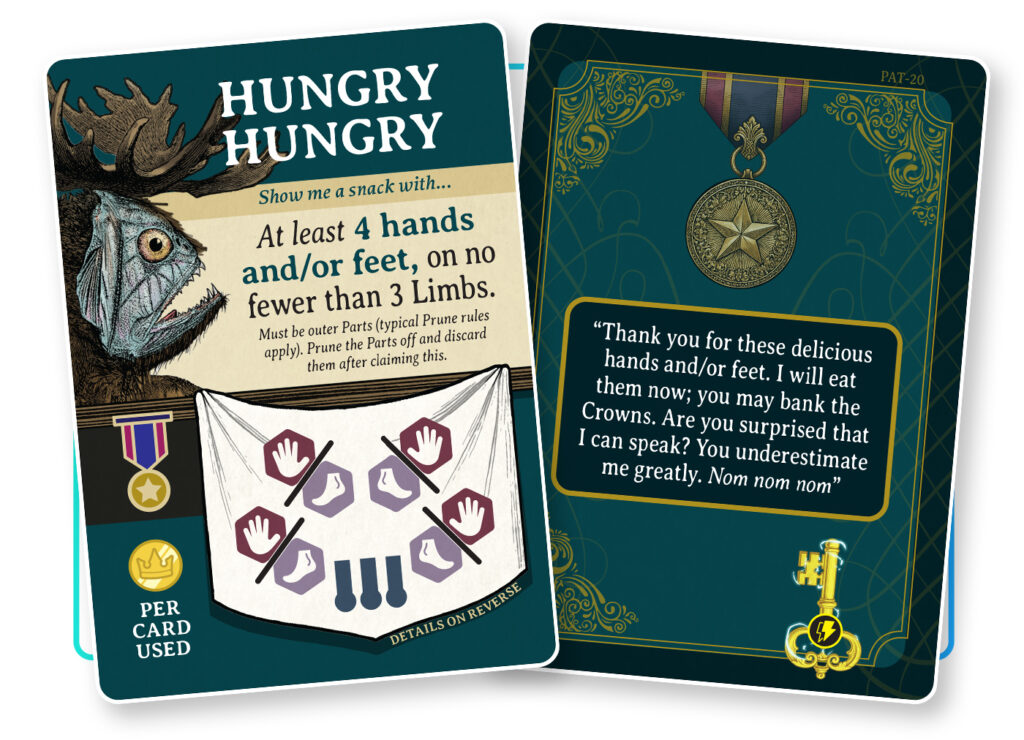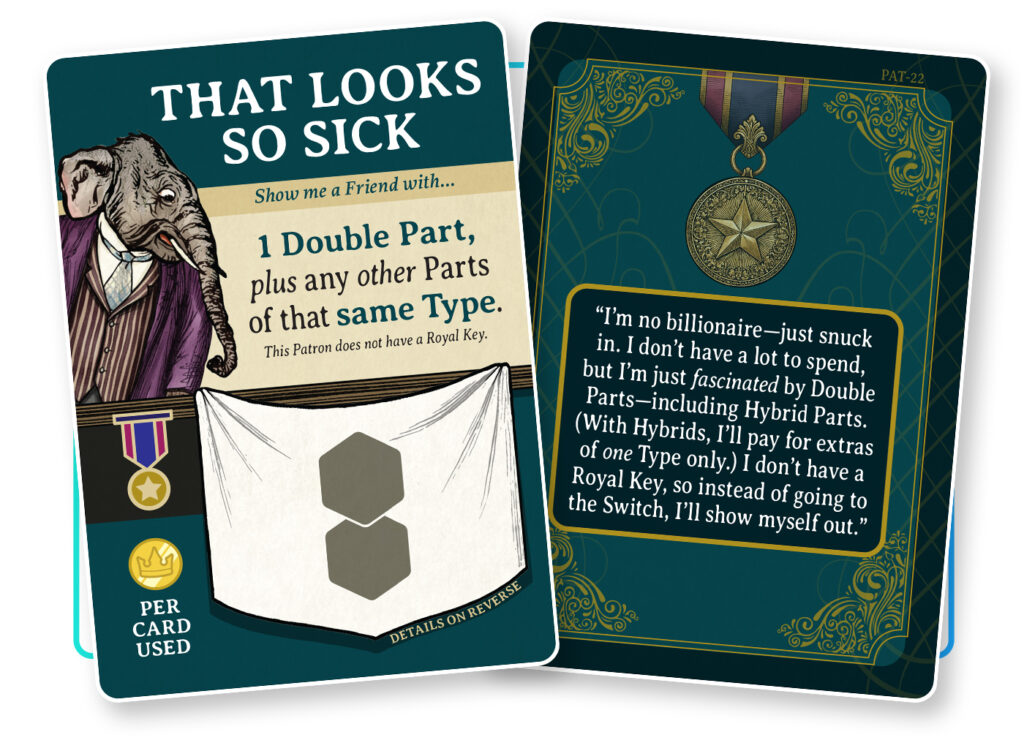https://borretti.me/article/i-wish-people-were-more-public
Probably not a popular thing to say today. The zeitgeisty thing to say
is that we should all log off and live terrible cottagecore solarpunk
lives raising chickens and being mindful. I wish people were more
online and more public. I have rarely wished the opposite. Consider
this post addressed to you, the reader.
Your Writing
I will often find a blog post on Hacker News that really
resonates. And when I go to check the rest of the site there’s three
other posts. And I think: I wish you’d write more! When I find someone
whose writing I really connect with, I like to read everything they
have written, or at least a tractable subset of their most interesting
posts. If I like what I see, I reach out. This is one of the best
things about writing online: your future friends will seek you out.
And, from the other side, I have often written a post where, just
before publishing, I would think: “who would want to read this? It’s
too personal, obscure, idiosyncratic, probably a few people will
unsubscribe to the RSS feed for this”. And always those are the posts
where people email me to say they always thought the same thing but
could never quite put it into words. I really value those emails. “I
am understood” is a wonderful feeling.
I try to apply a rule that if I do something, and don’t write about
it—or otherwise generate external-facing evidence of it—it didn’t
happen. I have built so many things in the dark, little experiments or
software projects or essays that never saw the light of day. I want to
put more things out. If it doesn’t merit an entire blog post, then at
least a tweet.
Your Books
If I follow you on Twitter, and you have posted a picture of your
bookshelf, I have probably scanned every book in it. This is why I
appreciate Goodreads. Like many people I have been reading a lot
less over the past ~5y, but since I made a Goodreads account earlier
this year, I’ve read tens of books. Reading in public has helped to
motivate me.
You may say reading in public is performative. I say reading in
private is solipsistic. Dante, in De Monarchia, writes:
All men on whom the Higher Nature has stamped the love of truth
should especially concern themselves in laboring for posterity, in
order that future generations may be enriched by their efforts, as
they themselves were made rich by the efforts of generations
past. For that man who is imbued with public teachings, but cares
not to contribute something to the public good, is far in arrears of
his duty, let him be assured; he is, indeed, not “a tree planted by
the rivers of water that bringeth forth his fruit in his season,”
[Psalms 1:3] but rather a destructive whirlpool, always
engulfing, and never giving back what it has devoured.
My default mode is solipsism. I read in private, build in private,
learn in private. And the problem with that is self-doubt and
arbitrariness. I’m halfway through a textbook and think: why? Why am I
learning geology? Why this topic, and not another? There is never an
a priori reason. I take notes, but why tweak the LaTeX if no-one,
probably not even future me, will read them? If I stop reading this
book, what changes? And doing things in public makes them both more
real and (potentially) useful. If you publish your study notes, they
might be useful to someone. Maybe they get slurped up in the training
set of the next LLM, marginally improving performance.
And Goodreads, for all its annoyances, is a uniquely tender social
network. Finishing a book, and then seeing a friend mark it as “want
to read”, feels like a moment of closeness.
I have a friend who lived in Sydney, who has since moved away, and we
don’t keep in touch too often, because the timezones are inconvenient,
but occasionally she likes my book updates, and I like hers, and I
will probably never read that avant-garde novel, but I’m glad she is
reading it. It is like saying: “You exist. I exist. I remember. I wish
you happiness.”
Your Flashcards
Lots of people use spaced repetition, but most everyone’s
flashcard collections are private. They exist inside a database inside
an app like Anki or Mochi. You can export decks, but
that’s not a living artifact but a dead snapshot, frozen in time.
One reason I built hashcards: by using a Git repo of Markdown
files as the flashcard database, you can trivially publish your deck
to GitHub. My own flashcard collection is public. I hope that
more people use hashcards and put their decks up on GitHub.
The point is not that you can clone their repos (which is close to
useless: you have to write your own flashcards) but because I’m
curious what people are learning. Not the broad strokes, since we all
want to learn thermo and econ and quantum chemistry and the military
history of the Song dynasty and so on, but the minutiae. Why did you
make a flashcard out of this Bible passage? Why does it resonate with
you? Why do you care about the interpretation of that strange passage
in Antigone? Why did you memorize this poem?
Your Dotfiles
Computers mediate every aspect of our lives, yet most people use their
computers the way they came out of the box. At most they might change
the desktop background. Some people don’t even change the default
icons on the macOS dock. Even most Linux users just use the stock
configuration, e.g. GNOME on Fedora or whatever.
I’m interested in people who customize their experience of
computing. This is often derided as “ricing”. But agency is
interesting. People who remake their environment to suit them are
interesting. And I am endlessly curious about how people do this. I
like reading people’s init.el, their custom shell scripts, their
NixOS config. It’s even better if they have some obscure hardware
e.g. some keyboard layout I’ve never heard of and a trackball with
custom gestures. I put my dotfiles up on GitHub because I
imagine someone will find them interesting.
etc.
And beyond my selfish curiosity there’s also the Fedorovist
ancestor simulation angle: if you die and are not
cryopreserved, how else are you going to make it to the other side of
the intelligence explosion? Every tweet, blog post, Git commit,
journal entry, keystroke, mouse click, every one of these things is a
tomographic cut of the mind that created it.
https://borretti.me/article/i-wish-people-were-more-public



 Molly Lewis (Mollylele)
Molly Lewis (Mollylele) Seth Boyer (Skulltenders)
Seth Boyer (Skulltenders) Jordan Morris (Jordan Jesse Go, Youth Group)
Jordan Morris (Jordan Jesse Go, Youth Group) Jeph Jacques (Questionable Content)
Jeph Jacques (Questionable Content) Colleen AF Venable (Kiss Number 8, Katie the Catsitter)
Colleen AF Venable (Kiss Number 8, Katie the Catsitter) Jon Rosenberg (Goats, Scenes From a Multiverse)
Jon Rosenberg (Goats, Scenes From a Multiverse) Dylan Meconis (Queen of the Sea)
Dylan Meconis (Queen of the Sea) Kaylee Rowena (Haunts)
Kaylee Rowena (Haunts) Kendra P. (Fairmeadow)
Kendra P. (Fairmeadow) Scott C. (Great Showdowns, Cabin Head and Tree Head)
Scott C. (Great Showdowns, Cabin Head and Tree Head) Shing Yin Khor (The Legend of Auntie Po)
Shing Yin Khor (The Legend of Auntie Po) Cat Farris (My Boyfriend is a Bear)
Cat Farris (My Boyfriend is a Bear) Zach Weinersmith (SMBC)
Zach Weinersmith (SMBC) Senna Diaz (Dresden Codak)
Senna Diaz (Dresden Codak) Kevin McShane (Kevin Comics, Buzzfeed)
Kevin McShane (Kevin Comics, Buzzfeed) David Malki ! (The creator of this game)
David Malki ! (The creator of this game) Sam Logan (Sam & Fuzzy)
Sam Logan (Sam & Fuzzy)





